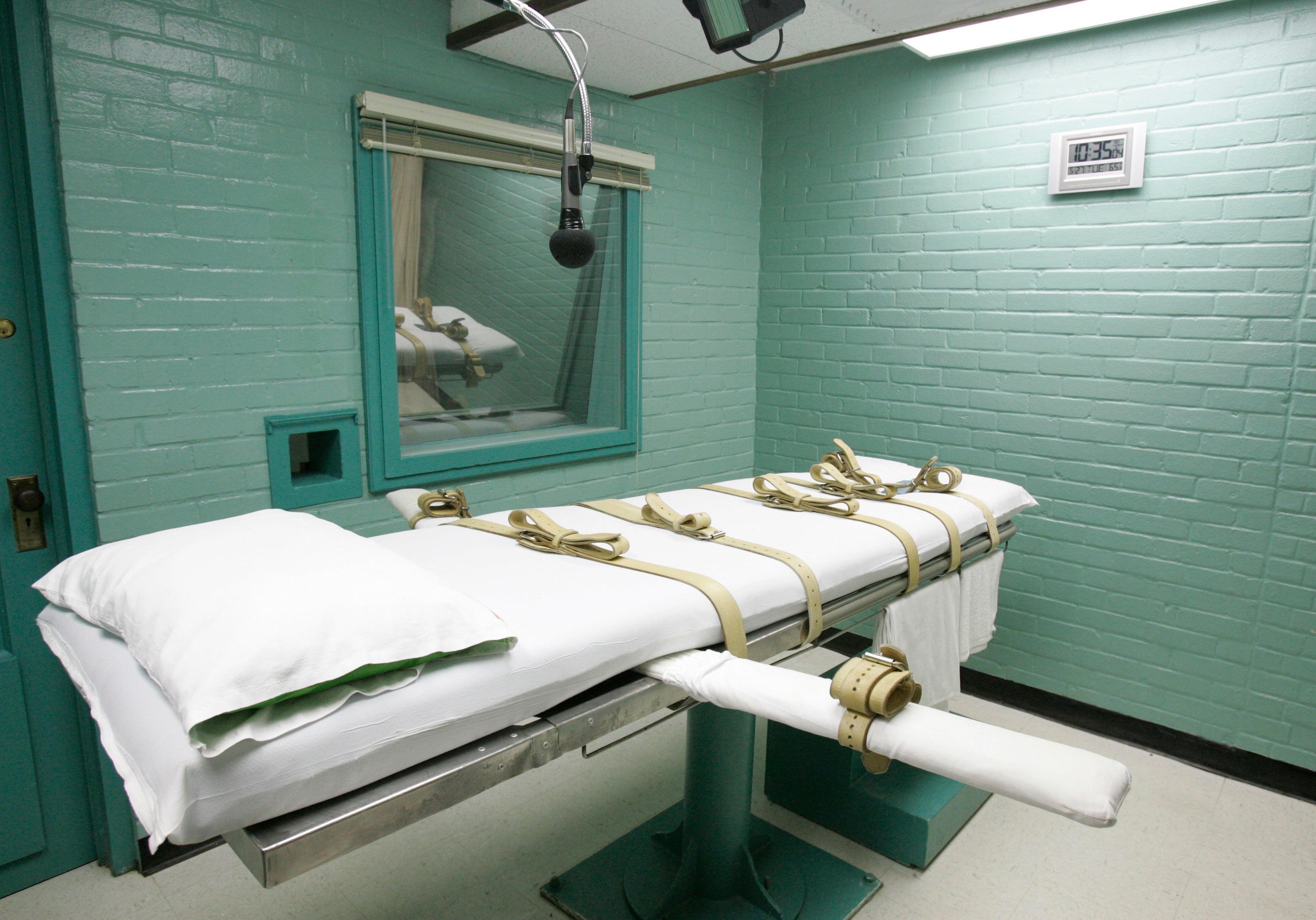Texas death row inmates sue over solitary confinement
A group of Texas death row inmates have filed a federal lawsuit against the state’s prison system over its policy of mandatory and indefinite solitary confinement for all prisoners who are awaiting execution

A group of death row inmates filed a federal lawsuit Thursday against the Texas prison system over its policy of mandatory and indefinite solitary confinement for all prisoners who are awaiting execution, saying it causes severe physical and psychological harm.
The suit alleges that the policy severely restricts their access to human interaction, medical care and legal representation as they are confined to their 8-by-12-foot (2.4-by-3.7-meter) cells for all but two hours a day.
“The conditions on death row in Texas have been characterized as some of the most brutal death row conditions in the country. The plaintiffs in this case are seeking relief from conditions that have been described as torture,” said Pieter Van Tol, one of the attorneys for the inmates.
The class action lawsuit, which was filed in Houston federal court on behalf of the 182 male inmates on death row, alleges the solitary confinement policy “addresses no legitimate security or penological need, and serves no purpose but to heighten the mental anguish” of inmates.
One of the four inmates who filed the lawsuit, Mark Robertson, 54, has spent the past 31 years on death row, with 21 of those in solitary confinement.
The lawsuit says that since Robertson was put in solitary, his cardiac health has declined, he has developed symptoms of post-traumatic stress disorder and his mental health issues have been exacerbated.
Amanda Hernandez, a spokeswoman for the Texas Department of Criminal Justice, or TDCJ, said the agency does not comment on pending litigation.
All male death row inmates in Texas are housed at the Polunsky Unit, located outside Livingston, which is about 75 miles (120 kilometers) northeast of Houston. The state’s seven female death row inmates, who are not part of the lawsuit, are housed at a separate prison.
The lawsuit comes as a group of Texas prisoners have been on hunger strike since Jan. 10 to protest the state’s solitary confinement policy. It’s unclear how many have taken part, with activists estimating the number at several hundred at the start of the strike and TDCJ saying it was about 70.
As of Thursday nine were still on strike, Hernandez said, and none of the inmates who have participated have needed medical care.
Hernandez said solitary confinement, referred by TDCJ as “security detention,” is used with inmates who are confirmed members of dangerous prison gangs, are escape risks or have committed assaults or multiple serious disciplinary offenses.
Solitary confinement accounts for less than 3% of the system's inmate population and “is used judiciously,” with processes in place to review and appeal an inmate’s continued stay in such confinement, she added.
Twelve states had automatically placed death row inmates in prolonged, automatic solitary, according to the Death Penalty Information Center, a Washington, D.C.-based nonprofit that provides analysis and information on capital punishment. Since 2017, six states, including Arizona and Pennsylvania, have ended such policies.
Currently before the U.S. Supreme Court is the case of Texas inmate Dennis Wayne Hope, whose lawyers are asking the high court to determine whether decades of solitary confinement can violate the Eighth Amendment’s ban on cruel and unusual punishment. Hope, who was convicted of aggravated robbery, has been in solitary since 1994 following an escape attempt.
___
Follow Juan A. Lozano on Twitter: twitter.com/juanlozano70
Bookmark popover
Removed from bookmarks